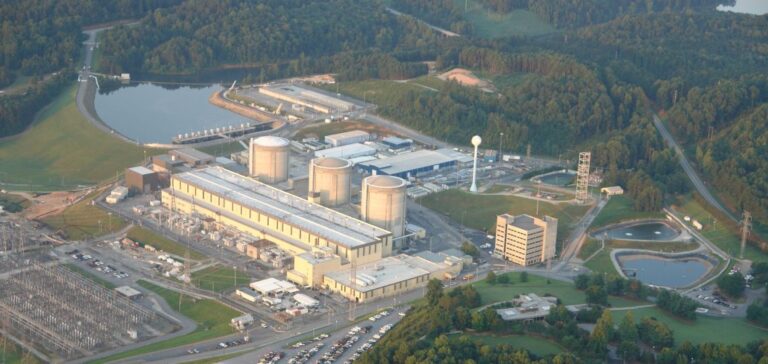The United States Nuclear Regulatory Commission (NRC) has granted Duke Energy authorisation to extend the operating licences of its Oconee Nuclear Station for an additional 20 years. This decision allows the facility, located in Seneca, South Carolina, to continue operations through 2053 and 2054, depending on the unit. It marks the first of Duke Energy’s nuclear assets to secure a second licence renewal, a significant milestone for the Charlotte-based utility group.
Addressing rising electricity demand in the Carolinas
Oconee Nuclear Station is one of six nuclear facilities operated by Duke Energy, collectively providing nearly 50% of the electricity generated in the Carolinas. The extension aligns with a long-term strategy to meet the steady increase in regional energy demand while maintaining stable consumer costs.
Duke Energy stated that it has invested in infrastructure upgrades to ensure continued safe operations in compliance with current safety regulations. At Oconee, reactor vessel heads, steam generators, turbines, transformers, pumps and valves have all been replaced. In 2024, output from the station’s three units increased by a combined 45 megawatts following a series of power uprate projects.
A wider plan across the nuclear fleet
The company also plans to renew the licence of its Robinson Nuclear Plant, located in Hartsville, South Carolina, with an application scheduled for April. This move is part of Duke Energy’s broader strategy to extend the operational life of its nuclear fleet, supported by ongoing maintenance and equipment enhancement.
Henry McMaster, Governor of South Carolina, welcomed the approval, stating that it supports the state’s competitive edge in energy supply. Duke Energy maintains its focus on balancing safety, reliability and cost-efficiency, ensuring uninterrupted nuclear energy delivery.






















